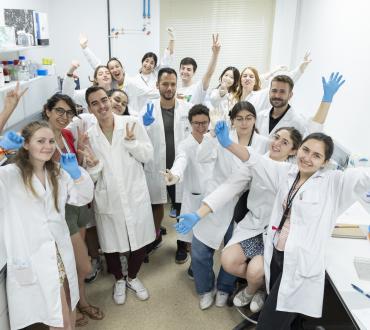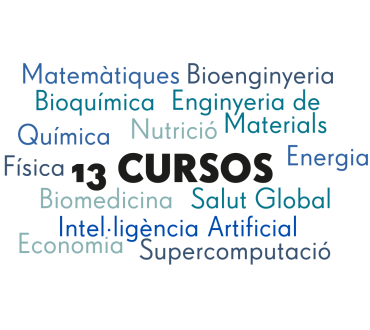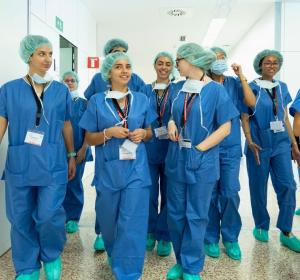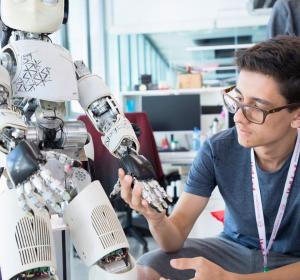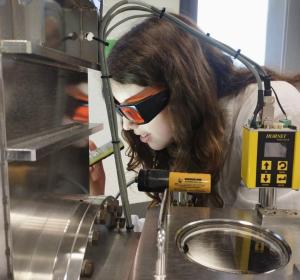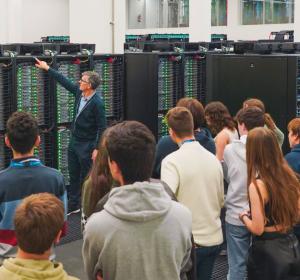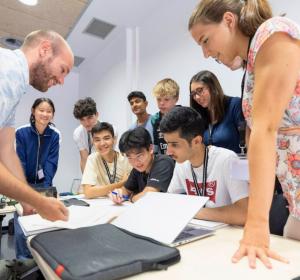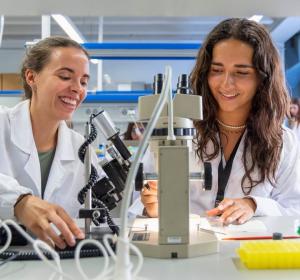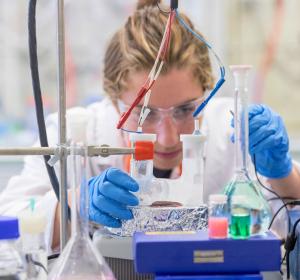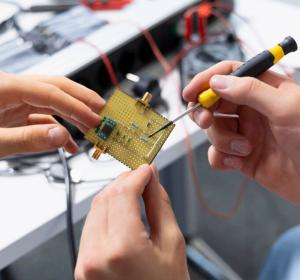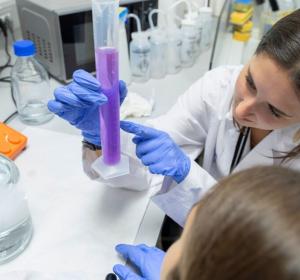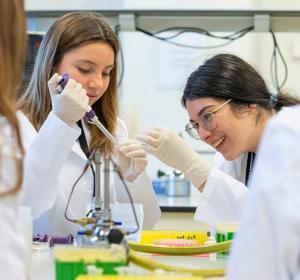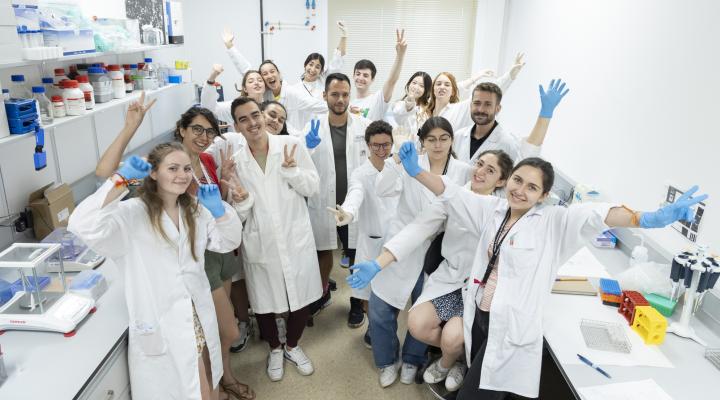
Bojos per la Ciència
We promote scientific and technological vocations among talented and motivated 1st and 2nd year high school students, through courses held in internationally renowned research centers, where they can discover cutting-edge science and the diversity of lines of research in the scientific discipline of their interest, with the help of professional researchers and through practical activities in a real environment.
The theoretical and practical sessions are held on Saturdays between the months of January and June, allowing participants to experience the day-to-day life of scientific professions, develop knowledge and skills, inspire and guide their academic and professional future, and share their experience with peers and peers with similar interests.
Are you Crazy for Science?
Bojos per la Ciència brings students closer to the cutting edge of science knowledge before they head to university
Are you passionate about Science?
Collaborating entities


Alícia, Food and Science, is a culinary research centre. The centre researches culinary products and processes, innovates and works to improve human nutrition, paying particular attention to dietary restrictions and other health problems, promotes an improvement in eating habits, and enhances the dietary and culinary heritage in the local area.
Alícia is a private non-profit foundation that was founded in 2003. The board of trustees is led by the Catalunya La Pedrera Foundation, the Government of Catalonia and prestigious members of society. It counts on collaboration and support from leading scientists and top chefs.
Alícia’s goal is for everyone to eat better, or in other words, to have a healthy, sustainable, tasty diet based on local culture and traditions, adapted to any life situation they find themselves in.


The Barcelona Supercomputing Centre (BSC) is the national supercomputing centre in Spain. As a research centre, we participate in more than 400 research projects and as a scientific facility we serve the scientific community and the international industry. With more than 500 R&D experts and professionals from all over the world, BSC is a centre that attracts talent. Our research focuses on four fields: Computational Sciences, Life Sciences, Earth Sciences and Computer Applications in Science and Engineering. The BSC Consortium is formed by the Ministry of Economy, Industry and Competitiveness of the Government of Spain (60%), the Department of Business and Knowledge of the Government of Catalonia (30%) and the Polytechnic University of Catalonia (10%).
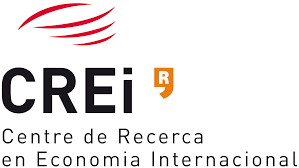

The International Economics Research Centre (CREI) is a research institute sponsored by the Government of Catalonia and the Pompeu Fabra University (UPF). Our research activities are focused on international economics and macroeconomics, which are broadly understood (i.e., including growth, economic cycles, monetary economics, macroeconometrics, international trade and finance, economic geography, etc.). Given its origin, location and spirit, it seeks to emphasise the European dimension of these fields of study. Our goal is to promote research with the highest academic standards. Always in contact with this dimension of research, we also want to be a source of training and dissemination of new ideas. We are lucky to have the UPF Department of Economics and Business very close, and to be an academic unit of the Barcelona Graduate School of Economics (Barcelona GSE) with whom we collaborate in many research and teaching activities. We all share a commitment to CREI's ultimate mission: to contribute to a better understanding of the functioning of economics in contemporary society. This understanding, based on rigorous study, is needed to improve the design of policies and institutions that will increase economic growth and, ultimately, the well-being of citizens around the world.
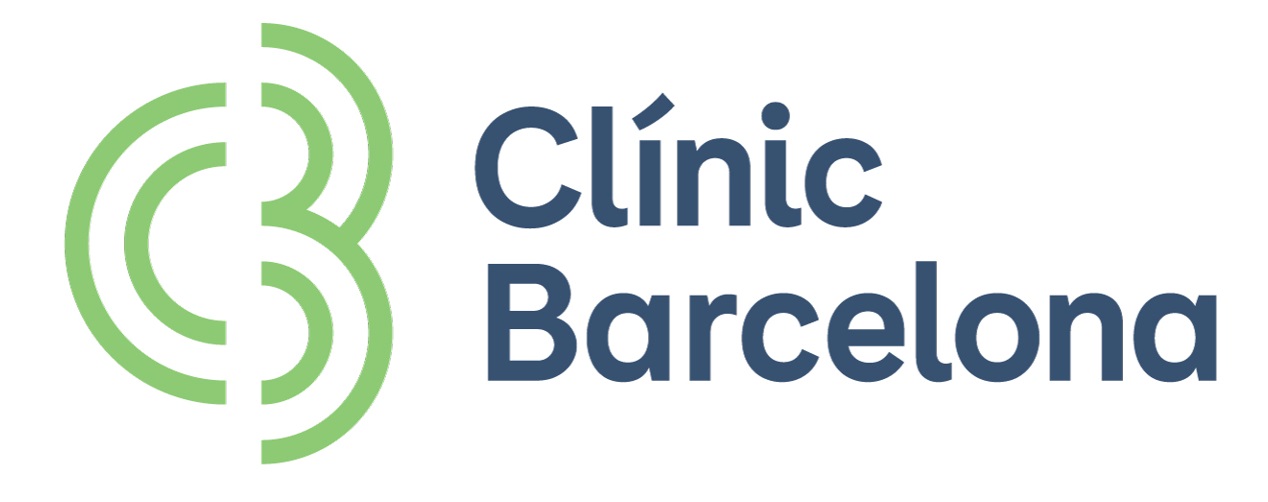

The Hospital Clínic de Barcelona is a university public hospital with a centuries-long history. With a workforce of 4,500 professionals, it is one of the leading healthcare centres in Spain and the leader in scientific production. It offers high-quality care, biomedical research of the highest level of competitiveness, and great teaching dedication to training professionals. All of this is part of the excellence of balanced management, with the aim of providing society with cutting-edge humanised medicine.


Hospital Universitari de Bellvitge (HUB) opened its doors in 1972 in Hospitalet de Llobregat. Together with Hospital de Viladecans and the Costa de Ponent primary health care centres, the hospital is part of the southern Metropolitan management area of the Catalan Health Institute (ICS). It is one of the 5 hospitals in Catalonia accredited as a third level hospital: offering the highest level of care. It covers all the medical specialities except paediatrics and obstetrics. It is a leading centre for transplants, imaging, heart surgery, digestive and thoracic surgery, neurosurgery, ophthalmology and psychiatry. It is the community referral hospital for 343,172 members of the population of Hospitalet de Llobregat and El Prat de Llobregat. In addition, it is a leading centre for processes involving the latest technology for over 2 million inhabitants of the following districts: South Barcelona Metropolitan Area, Camp de Tarragona and Terres de l'Ebre. For over 25 years, the Hospital Universitari de Bellvitge has been a university teaching centre linked to the University of Barcelona, where it offers courses in medicine, nursing, dentistry and podiatry. The hospital is a leading international research centre and forms part of the Bellvitge Biomedical Research Institute (IDIBELL), one of the only centres accredited with the highest level of research granted by the Carlos III Health Institute at the Ministry of Science and Innovation. The infrastructural resources available are: 31 operating rooms 204 outpatient clinics (including doctors surgeries) 1 clinical laboratory 52 pieces of high-tech equipment, including those managed by the Diagnostic Image Institute (IDI) and the Catalan Institute of Oncology (ICO) 742 beds and 1 international health unit.
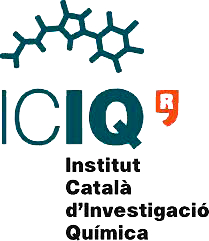

The Catalan Institute of Chemical Research (ICIQ) aims to promote and carry out research of excellence in chemistry. The institute aims to produce, promote and share knowledge, as well as train technical and scientific personnel in chemistry, transfer technology to industry, facilitate contact between basic and applied research and establish collaborations between the ICIQ and companies.
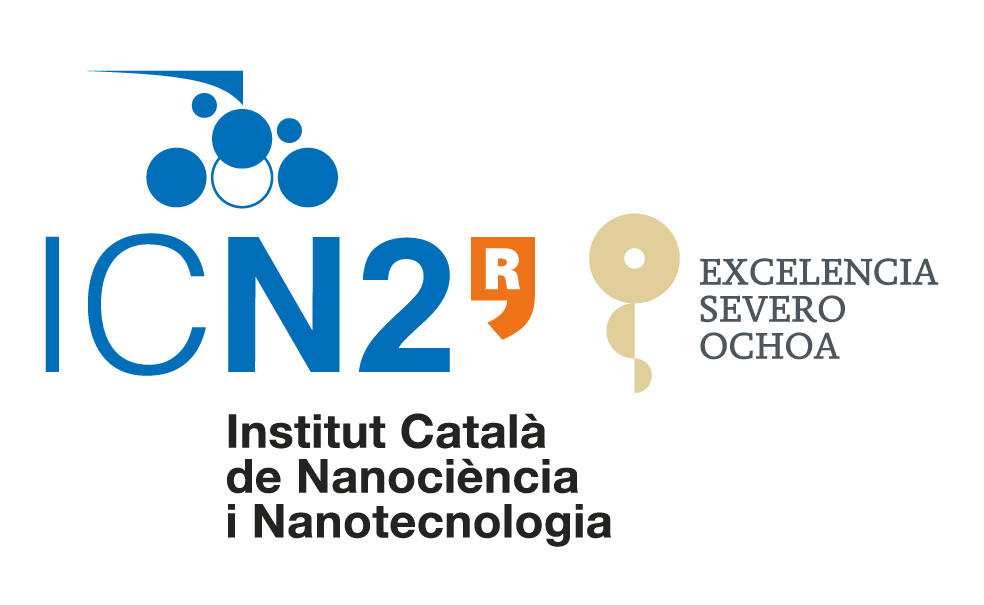

The Catalan Institute of Nanoscience and Nanotechnology (ICN2) is a recognised research centre based at the Autonomous University of Barcelona (UAB). The institute’s research interests lie in discovering the physical and chemical properties that emerge from the fascinating behaviour of matter at the nanoscale. ICN2's mission is to achieve scientific and technological excellence in nanoscience and nanotechnology, and to encourage the adoption and integration of nanotechnology in industry and across society. The ICN2 trustees are the Government of Catalonia, the Spanish National Research Council (CSIC) and the Autonomous University of Barcelona (UAB). The Institute encourages collaboration between scientists from different backgrounds (physics, chemistry, biology and engineering) to carry out basic and applied research, while aiming for collaboration with local and global industry. ICN2 also trains nanotechnology researchers, organises a number of activities to encourage industry to adopt nanotechnology, and promotes joint efforts between scientists, engineers, technicians, business, society and politics.


The August Pi i Sunyer Biomedical Research Institute (IDIBAPS) is the research centre linked to the Hospital Clínic. It is a centre of excellence that addresses high prevalence, morbidity and mortality. More than a thousand professionals work in one hundred research groups. The combination of basic research with clinical practice enables more efficient transfer of scientific advances to patients. With more than 1,100 articles published a year, it is the main biomedical research centre in Spain.


The Institute of Bioengineering of Catalonia (IBEC) aims to carry out research of excellence that, which creating knowledge, also contributes to improving quality of life, improving health and wealth creation. The institute has close links with international research centres, universities and companies, in order to exchange talent and develop and execute projects. The IBEC is a research centre dedicated to world-class interdisciplinary research, which through the creation of knowledge contributes to improving health and quality of life and generating wealth. Among the beneficiaries of the work carried out by the Institute of Bioengineering of Catalonia are universities, research centres, the scientific community, the business sector promoting research in the field of bioengineering and society in general.


The Barcelona Institute of Materials Science (ICMAB-CSIC) is a research centre that is part of the Spanish National Research Council (CSIC). Its main goal is to create new knowledge in materials science and transfer that knowledge to society, particularly to European industry. Researchers at the centre characterise different materials and nanomaterials that are of industrial interest. The ICMAB focuses its activity on cutting-edge research in the fields of materials science, nanoscience and nanotechnology, in order to achieve a multidisciplinary integration of knowledge. With more than 20 years of experience, the ICMAB counts on 220 people with 57 permanent scientists.


The Institute of Environmental Science and Technology (ICTA) is a multidisciplinary institute that is part of the Autonomous University of Barcelona (UAB). It carries out activities related to teaching, research and scientific and technological development. The purpose of the ICTA focuses on improving our understanding of global climate change and nature, and of the causes of environmental problems. It also studies the policies, strategies and technologies that will foster the transition to a sustainable economy. Therefore, the centre is interested in collaborating with socioeconomic sectors in the country in order to contribute towards achieving shared goals. The Autonomous University of Barcelona (UAB) is a public university located in the Barcelona metropolitan area. The university has an international perspective, and is fully integrated in the local area. The institution offers high-quality education in close association with research activity and the transfer of scientific, technological, cultural and educational knowledge, while promoting human potential and a responsible management of available resources.


The Institute of Photonic Sciences (ICFO) is a young research institution whose goal is to push the boundaries of knowledge of photonics, science and light technology. Photonics is the field of knowledge dedicated to the generation, transmission, detection, control and manipulation of light, and is one of the key technologies for the 21st century. Light, specifically laser light, is one of the most promising technologies available to humanity today. Its research programmes are framed on world-class frontiers and are aimed at addressing the significant challenges facing society at large. They focus on current and future problems in health, energy, information, security, protection and care of the environment. The role of photonic technologies is very important across a wide range of fields, including agriculture and the environment, manufacturing and manufacturing processes, telecommunications systems and services, medicine and healthcare, life sciences, security and entertainment, among others.
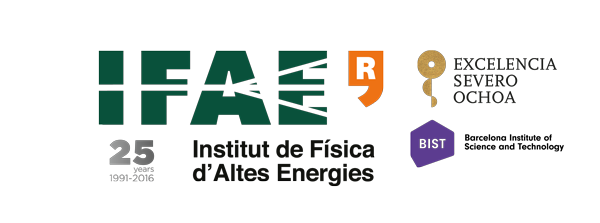

The Institute of High Energy Physics (IFAE) is a research centre at the Autonomous University of Barcelona (UAB) that carries out leading theoretical and experimental research in fundamental physics, which includes particle physics, astrophysics, and cosmology. It works at the forefront of detection technology, in order to put the knowledge of the scientific community at the service of practical goals. The IFAE is a participant in the LHC's ATLAS project, the T2K neutrino experiment in Japan, the MAGIC telescopes in La Palma, and the Dark Energy Survey in Chile, among others. The IFAE is also working at the forefront of sensing technologies by developing pixels detectors for high-energy physics, telescope cameras, detectors with medical applications and other scientific and industrial applications. The centre has its own researchers, as well as working with professors from the UAB and the Catalan Institute for Research and Advanced Studies (ICREA) and technical staff.
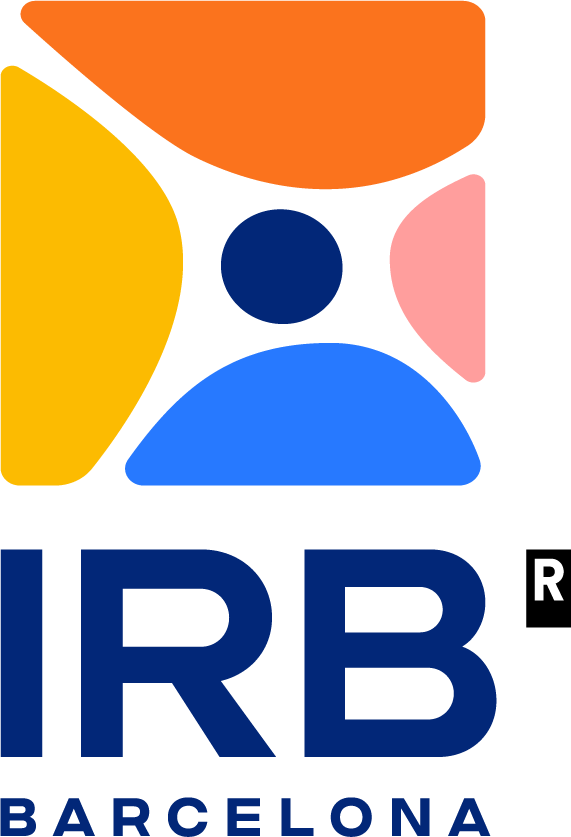

The Institute for Research in Biomedicine (IRB) Barcelona is an internationally renowned research centre located in Barcelona Science Park and dedicated to understanding fundamental questions about human health and diseases. IRB Barcelona is part of the Barcelona Institute of Science and Technology, and the goals of the institute include conducting multidisciplinary research of excellence in a framework between biology, chemistry and medicine, offering its members, students and visitors high-level training in the field of the biosciences. It also provides an innovation component through active technology transfer as benefit to society, as well as engaging with the public through engagement and education activities. Research at IRB Barcelona is carried out by 26 groups working in common with the common goal of carrying out multidisciplinary projects that address important biomedical problems affecting our society.


FUNITEC, based at La Salle University Campus, is a private non-profit foundation that aims to provide excellent academic teaching, unique teaching methods and a close relationship with the business world, all from a foundation of high-level teaching staff in teaching and research. A model that combines scientific and technical development with practical knowledge in the areas of Engineering, Management, Architecture and other disciplines.
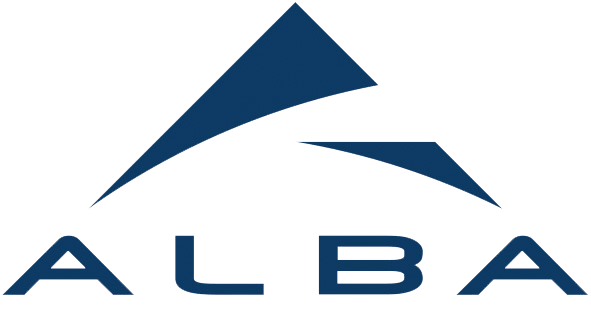

The ALBA synchrotron light source is a 3rd generation scientific infrastructure located in Cerdanyola del Vallès (Barcelona), the most important facility of its kind in the Mediterranean area. It is a complex of electron accelerators to produce synchrotron light, which the visualisation the atomic structure of matter as well as the study of its properties. It is managed by the Consortium for the Construction, Equipping and Exploitation of the Synchrotron Light Source (CELLS) and is funded in equal parts by the Catalan and Spanish authorities. The electron beam at ALBA generates 3 GeV of energy, which is produced by combining a linear accelerator (LINAC) with a low-emittance, full energy booster placed in the same tunnel as the storage ring. The ALBA Synchrotron has a perimeter of 270 meters and 17 straight sections available for the installation of insertion devices. It has seven operating Phase I light lines, both soft and hard X-rays, which are mainly targeted at biosciences, condensed matter (nanoscience and magnetic and electronic properties), and materials science.
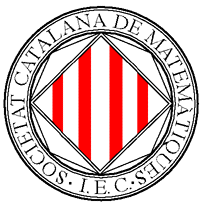

The Catalan Society of Mathematics (SCM) is a subsidiary of the Institute for Catalan Studies (IEC), a continuation of the Mathematics Section of the Catalan Society of Science, which was founded in 1931. It currently has around eight hundred members and operates across Catalonia. Catalan is, therefore, the language spoken by the organisation, and the one commonly used in all its events and publications. The main objective of the SCM is to cultivate the mathematical sciences in the broadest sense of the term. This means spreading knowledge throughout Catalan society, promoting teaching and theoretical and applied research, as well as publishing all kinds of papers that meet these goals.
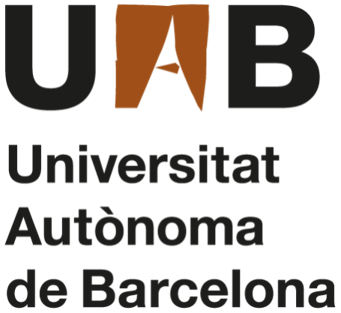

Alternative UAB text .PROVAAA


The University of Barcelona (UB) is a leading figure in university research in Spain. In terms of volume of publications, the UB is the second institution in the country after the CSIC, according to the Third European Report on Science and Technology Indicators. According to the Latin American ranking, SIR 2011, it is the university with the highest scientific output in Spain. The UB has 106 departments, 24 research institutes and centres, 243 consolidated research groups and 677 active research projects. The Faculty of Biology at the University of Barcelona was established in 1974, and was a pioneer in Spain. The faculty appeared as a result of the continuous increase in knowledge in the field of life sciences, accompanied by incessant diversification. Currently, within a social context that is expanding and becoming increasingly interconnected thanks to the continued remodelling of higher education, making any predictions is risky. The Faculty of Biology at the University of Barcelona is particularly aware of this, and wants to accept its part in facing up to this challenge. Also, for more than a hundred years now, the Faculty has renewed itself in the euphoria of a widespread intellectual movement, which encompasses lines of study such as environmentalism and new biotechnologies.


With more than 25 years of history, the Artificial Intelligence Research Centre (IIIA), from the Spanish National Research Council (CSIC), is a reference center in Spain and Europe in the field of research in Artificial Intelligence. His lines of work include modeling and automation of complex reasoning, machine learning, e-markets, robotics, and AI applied to music. Moreover, the IIIA develops its research committed to the Sustainable Development Goals in the field of education, health, mobility, industry, and ethics, among others. In addition, the IIIA maintains a strong commitment to the training of future researchers, having supervised more than a hundred doctoral theses since 1987, and to the transfer of AI applications to industry and general society.


The Computer Vision Center (CVC) is a leading nonprofit in the field of research and development in computer vision. It was founded in 1995 by the Government of Catalonia and the Autonomous University of Barcelona (UAB), with the aim of conducting research of excellence, producing high-quality knowledge, and transferring of technology to society while offering added value to companies. The centre is made up of more than 130 researchers and specialists from around the world. Computer vision is a horizontal technology with a range of applications across biomedicine, mobility, security, production, society, media, and more. The centre’s activities focus on cutting-edge research, technology knowledge transfer and training. The strategies that define the centre's mission can be summarised in a model that combines scientific and technological talent to foster the workflow between basic research and transferring knowledge to society.
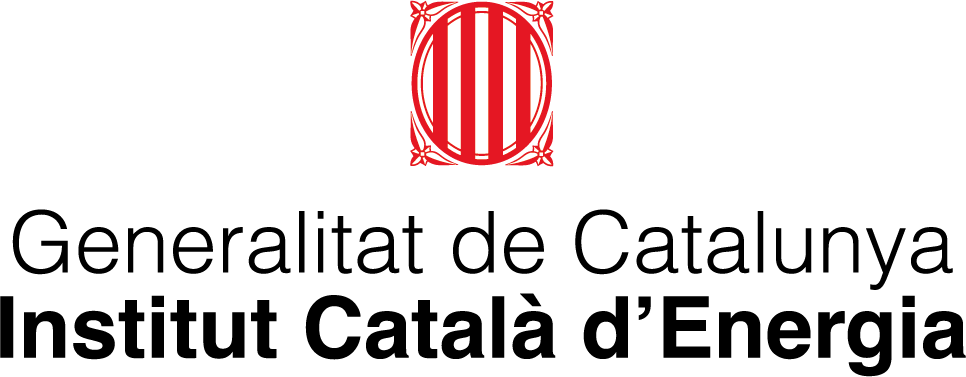

The Catalan Institute of Energy is a public company of the Generalitat de Catalunya that works intensely to make the transition to a new sustainable energy model possible, in balance with the environment and people.
The goal is to achieve clean, safe, and accessible energy for everyone. This challenge includes all civil society and all productive sectors. And also, the new generations who have to have the tools that allow them to imagine and transform the energy environment according to the needs of each moment.
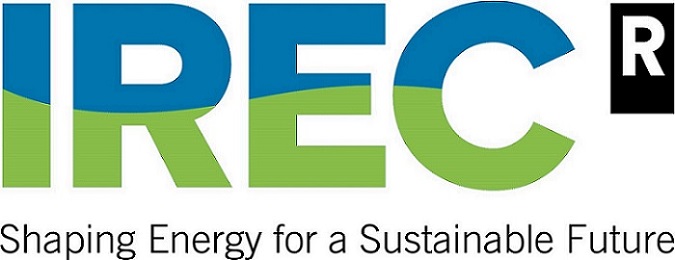

The Catalonia Energy Research Institute is the reference research center in the energy sector in Catalonia and is part of the CERCA system of the Generalitat de Catalunya. Created in 2008, it aims to contribute to the sustainable development of society and increase the competitiveness of the industrial area in the energy sector. The center develops research of excellence in the medium and short term, innovation and the development of new technological products and the dissemination of relevant knowledge for citizens.
Yes. All courses are for students in 1st and 2nd year of high school.
If you are a student in 4th year of ESO during the 2025-2026 school year, and you are interested in participating in Bojos per la Ciència, contact us at bojosperlaciencia@fcatalunyalapedrera.com and we will evaluate your participation.
Yes, but please note that your tutor or science teacher will need to provide you with a letter of recommendation. In the registration section, you will find all the steps to follow to formalize your application.
In this case, a teacher from your previous school can make the recommendation. On the authorization form for the parent or legal guardian, you must include the name and email address of the teacher from your previous school who will recommend you. However, you must first inform your current school that you want to apply to the program and on your authorization form, in the Educational Center section, you must include your current school.
Through the registration section on the website. Fill out the form online, which you will receive when your parents or guardians have registered you (and added your email address). This is the only way you can send us your letter of motivation and academic records. We do not accept these documents via email or post.
Through the registration section on the website. They will fill out an online form that they will receive once your parent or guardian has completed your application, which should include the email addresses of your teachers (these must be two different people). This is the only way you can send us your letters of recommendation. We do not accept these documents via email or post.
Yes, you can sign up for up to 3 courses. When you fill in your application, you can state which is your 1st, 2nd and 3rd option from all the courses on the Bojos per la Ciència programme. You will only be selected for one of your chosen options, as you cannot do two courses at the same time. You do not have to fill in three course options.
Yes, it is fully compatible, as long as it is not the same course.
Participation in Bojos per la Ciència is compatible with Joves i Ciència, BIYSC and Estades Científiques, as long as you meet the access requirements, but it is incompatible with Joves per la Medicina, due to the coincidence of dates.
Students chosen for the programme will have to pay the registration fee for the corresponding course specified at the Programme fee section. The payment of the registration fee must be done within the established deadlines.
You can contact us via email at bojosperlaciencia@fcatalunyalapedrera.com
You can find information in the section for each course, or you can contact us via email bojosperlaciencia@fcatalunyalapedrera.com and we will get in touch with the research centres involved.
